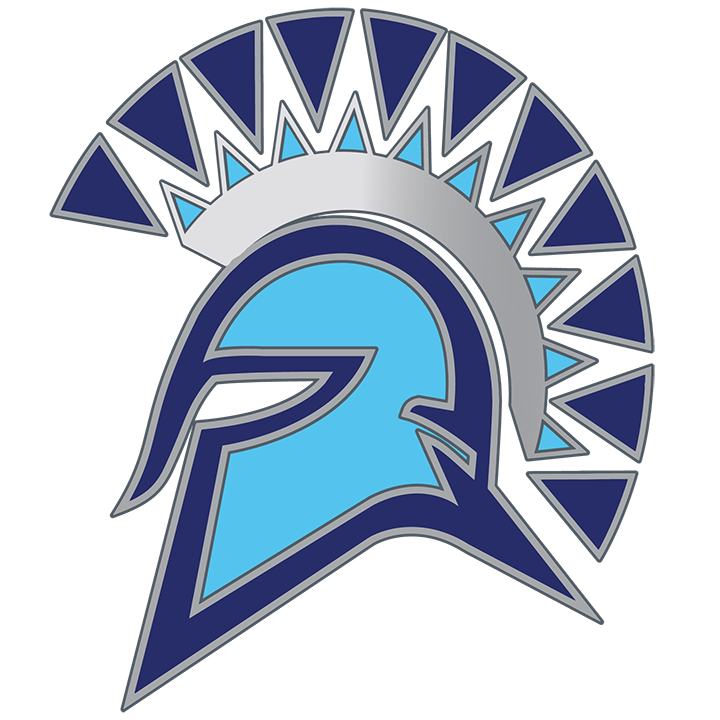Reminder! Today from 3:00 - 4:30 PM there will be a Mobile Food Distribution from at Olympia West Elementary in Minier IL. There are no eligibility requirements, and one box will be distributed per family via curbside pickup.

Reminder! Tomorrow there will be a Mobile Food Distribution from 3:00 - 4:30 PM at Olympia West Elementary in Minier IL. There are no eligibility requirements, and one box will be distributed per family via curbside pickup.

Family Tip #4 (Elementary): Develop their instincts
Help kids trust their guts so they can exit iffy or inappropriate online conversations. Discuss different scenarios and ask how they would feel and what they would do.
Family Tip #3 (Elementary): Help kids navigate online friendships
In the beginning, you might limit all communication with strangers online. As kids get older, you can monitor any online chatting. And once they're more independent, you can discuss which methods of communication are appropriate as well as which types of information to keep private from online-only friends.
Today the students of Olympia North rendered the staff speechless. Together our student body raised nearly $2900 for St. Jude. Combined with Olympia West and Olympia South a grand total of $4639 will be donated. On behalf of the St. Jude Olympia to Peoria Run Team THANK YOU!

Family Tip #2 (Elementary): Play a game of telephone
Discuss how a message can change depending on the person delivering it or the delivery method. Read a question like "What are you doing?" with different tones of voice. Talk about how emoji and punctuation can help communicate tone and emotion in text messages.
Games, social media, and other online spaces give kids opportunities to meet and chat with others outside the confines of their real-life communities. But how well do kids actually know the people they're meeting and interacting with? Help students consider whom they're talking to and the types of information they're sharing online.
In this video, kids hear from teens about the benefits and drawbacks of presenting themselves differently (or even anonymously) to others online, and consider what it means to "be yourself" in digital spaces.
Video Link: bit.ly/olyRCv3

Oly North Spartans - I have no doubt you would have busted the bucket today, but I used a 5 gallon bucket and it's almost full already!! Your kind and generous hearts are amazing! Dimes tomorrow; do we dare go for a 2nd bucket?

Great Job Oly North Spartans! You brought in so many pennies for St. Jude today that we busted the bucket! Can we do it again tomorrow with the nickels?

*Keeping Games Fun and Friendly*
Social interaction is part of what makes online gaming so popular and engaging for kids. But online communication can come with some risks. Show your kids how to keep their gaming experiences fun, healthy, and positive.
Video: bit.ly/olyRCv1

Finding text evidence is a breeze with the help of our new NASA Brain Scanner 2.0 glasses! Students have been learning about citing evidence in texts but needed a little extra help remembering to do so! Luckily Mrs. Loyer has connections at NASA!




Family Tip #1: Give them the right words.
Kids learn about appropriate verbal and physical communication from watching you. But online conversations can be invisible. Occasionally, narrate as you're writing texts or social media comments when your kids are in earshot.
Wednesday, April 7th will be a regular dismissal day at 2:00 pm instead of the originally planned early out SIP day.

**Help Kids Make Friends and Interact Safely Online: Elementary**
Soon after kids start reading and writing, they often begin interacting with others online. Whether they're chatting within games or texting family members, kids need the skills to interact respectfully. These skills will help kids -- and the people they're communicating with -- have positive experiences online. Throughout April, be on the lookout for these 4 Family Tips for elementary families who are looking to build a strong foundation for online relationships and communication!
1. Give them the right words.
2. Play a game of telephone.
3. Help kids navigate online friendships.
4. Develop their instincts.
Family Tip 5: **Skip quizzes**
Help kids identify and avoid clickbait, quizzes, special offers, and anything that asks for personal or private information. This helps keep information secure and devices safe.

5 Myths and Truths About Kids’ Internet Safety
Help keep your kids' online experiences positive and productive by learning the truth (and ignoring the rumors) about what really makes them safe. Article by Caroline Knorr
bit.ly/olyDSA5

Parents' Ultimate Guide to Parental Controls
Do you need parental controls? What are the options? Do they really work? Here's everything you need to know about the wide array of parental control solutions, from OS settings to monitoring apps to network hardware. Article by Caroline Knorr
bit.ly/olySDA3

5 Surefire Ways to Protect Your Kid’s Online Privacy
Today's kids spend lots of time posting and sharing information online. Learn five surefire ways to protect their privacy.
bit.ly/olyDSv2

5 Ways to Make YouTube Safer for Your Kids
Kids love YouTube. Whether they're watching funny videos, learning cool stuff, or uploading their own creations, they can stay busy on the popular website. But not everything about YouTube is fun and games. Discover five ways to make YouTube safer for kids.
bit.ly/olyDSv1

Family Tip 4: **Power up passwords**
Work together with kids to help them come up with complex passwords. Think outside the dictionary. Use phrases and special characters that make passwords hard to guess but easy to remember. Remind kids to keep passwords private and change them regularly.

